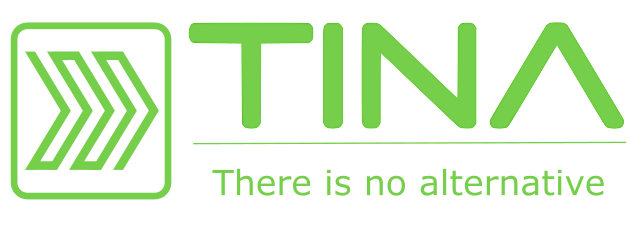Faced with the dominance of the GAFAM and the issues of transparency regarding data usage, Sovereign Cloud emerges as a solution to ensure security and digital independence.
Why and how to adopt a Sovereign Cloud for your data ?

Introduction
With the growing dominance of the GAFAM (Google, Apple, Facebook, Amazon, Microsoft) in the technology market, a fundamental question arises: who can we trust with our data? The lack of transparency regarding its use and the risks posed by foreign laws such as the US Cloud Act have highlighted the need for alternative solutions. The concept of “Sovereign Cloud” emerges as an answer to these concerns, offering better control over data and greater compliance with local regulations.
What is a Sovereign Cloud ?
A Sovereign Cloud is distinguished by three main characteristics :
2. Local management: Cloud infrastructures and services are controlled by domestic companies.
3. Legal compliance: Providers are subject to the jurisdiction of your country, ensuring adherence to regulations such as the GDPR in Europe.
Unlike the public clouds of the GAFAM, a Sovereign Cloud offers increased transparency and better protection against foreign interference.
Why opt for a Sovereign Cloud ?
The concrete benefits for businesses
Transparency : The ability to interact directly with local providers for better control over services.
Economic impact : By supporting local businesses, you contribute to the development of the local economy.
The limitations and challenges
Despite its many advantages, Sovereign Cloud has some drawbacks :
Innovation : Some local providers may be behind on the latest technological advancements.
Complex migration : Transitioning to a Sovereign Cloud requires careful planning to minimize risks.
How to transition to a Sovereign Cloud ?
To implement these strategies, several tools and services can be used :
Choosing a provider : Look for local players such as OVHcloud, Scaleway, or others.
Migration planning : Adopt a gradual approach to minimize disruptions.
Awareness : Train your teams on the use and management of these new infrastructures.
A tailored offer for a Sovereign Cloud suited to businesses
We offer a Sovereign Cloud solution that allows French companies to benefit from personalized support in setting up a cloud infrastructure tailored to their needs. Whether on a locally managed national cloud or a private infrastructure hosted directly at the client’s premises, our offering ensures full compliance with local laws, enhanced security, and performance optimization. By partnering with us, you ensure complete control over your data while benefiting from expert support.
Conclusion
Adopting a Sovereign Cloud is much more than a technical choice: it’s a strategic move to ensure the security, compliance, and independence of your data. If you want to protect your interests while strengthening your clients’ trust, it’s time to explore the Sovereign Cloud solutions available in your region.
